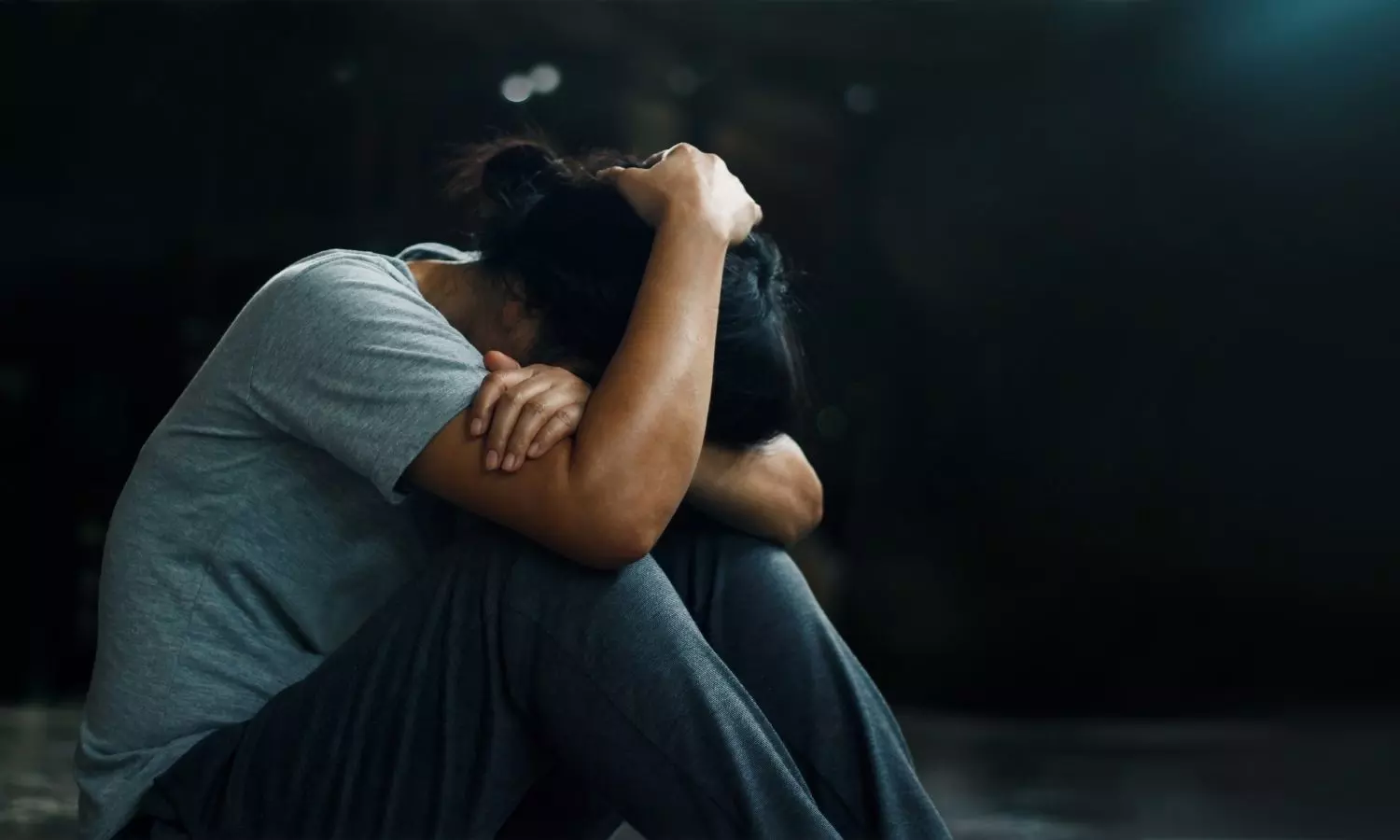NIMHANS Study Reveals How Self-Employment Empowers People with Severe Mental Illness in Rural India

New Delhi: A study has revealed that individuals with severe mental illness can overcome stigma and sustain livelihoods through self-employment, empowering themselves and their families while fostering social inclusion.
Researchers from the National Institute of Mental Health and Neurosciences (NIMHANS), in collaboration with The Live Love Laugh Foundation (LiveLoveLaugh), have published the study in the International Journal of Social Psychiatry.
Led by Dr. Thanapal Sivakumar, Professor at NIMHANS, it underscores how free treatment and localized support can enable individuals with severe mental illness (SMI) to build independent livelihoods.
Titled “Outcome of Wage and Self-Employment Intervention for Persons with Severe Mental Illness Availing Rural Community-Based Rehabilitation Project: Experience from South India”, the 10-month study was conducted in Jagaluru taluk, Davangere district, Karnataka.
It evaluated a Community-Based Rehabilitation (CBR) program that facilitated self-employment opportunities through a one-time grant from The Live Love Laugh Foundation. This grant was managed as a revolving fund by a family-led federation and supported sustainable livelihood activities like sheep rearing and tailoring.
Of the 98 participants aged 18–50 years, 89 opted for self-employment while only three chose wage employment in urban centers. The three participants who relocated to the city eventually returned, citing high living costs and discomfort with urban life.
In contrast, self-employment ventures provided participants and their families with a secondary income used for essential expenses such as food, health care, and education.
Three families fully repaid their loans, while others demonstrated strong commitment to repayment despite challenges. Attendance at monthly family federation meetings tripled after the loans were issued, fostering accountability and community engagement.
The study demonstrated the potential for individuals with severe mental illness to challenge stigma and sustain livelihoods when provided adequate support. “By proving that persons with severe mental illness can sustain self-employment, we’re not only challenging stigma but also laying the foundation for sustainable and inclusive mental health interventions,” stated Dr. Shyam Bhat, Chairperson of The Live Love Laugh Foundation and a co-author of the study, emphasizing the study’s novel approach.
Dr. Murali Doraiswamy, MBBS, FRCP, Professor of Psychiatry & Medicine at Duke University and Trustee of The Live Love Laugh Foundation, who served as a key advisor to the study, remarked: “Using financial and mental health interventions to address the unique challenges faced by persons with severe mental illness, this first-of-its-kind study in India highlights the potential of integrated support systems in addressing the bidirectional relationship between poverty, joblessness, and chronic mental illness. Revolving funds issued and monitored by the family-led federation are powerful tools for social inclusion and economic empowerment, allowing persons with severe mental illness to contribute meaningfully to society.”
The findings revealed that self-employment ventures not only provided financial relief but also enhanced dignity, purpose, and social acceptance, reducing stigma and promoting recovery.
Ventures such as sheep rearing and tailoring provided financial support and a sense of belonging for families. Participants also engaged more consistently with mental health follow-ups, improving treatment adherence and outcomes.
The study also noted a broader social impact, with increased community engagement as evidenced by tripled attendance at family federation meetings after loan issuance.
“LiveLoveLaugh has operated rural community mental health programs since 2016. Our experience has demonstrated the transformative power of holistic mental health interventions that extend beyond clinical care. When patients from impoverished families improve on treatment, many start working to meet their and family needs. Apart from reducing economic burden, self-employment allows families to engage patients in gainful work. It also promotes patients’ dignity and social inclusion in the local community,” said Anisha Padukone, CEO of The Live Love Laugh Foundation.
While this program was implemented in a rural South Indian district, it offers a scalable model for addressing the interconnected challenges of poverty and mental illness in resource-limited settings.
The study underscores the importance of culturally sensitive, community-driven solutions in fostering economic stability, social inclusion, and improved mental health outcomes for individuals with SMI.
The research team included Dr. Thanapal Sivakumar, Dr. Shanivaram K Reddy, Dr. Aarti Jagannathan, Dr. Channaveerachari Naveen Kumar, and Dr. Jagadisha Thirthalli from NIMHANS, alongside Dr. Shyam Bhat of The Live Love Laugh Foundation.
Their work represents a significant step toward creating sustainable, inclusive mental health interventions that empower individuals and reduce the stigma associated with mental illness.


